“Art creates a kind of commentary” -Barbara Kruger
I live in the South. Sweet Home Alabama. The southern states of the US are full of a complex history, and for me, it is always strongly felt when I have the rare opportunity to gaze in stillness over a vast field of snow-white cotton.
Stand with me a moment:
It’s a gleaming fall day in Alabama. The sky is brilliantly soft blue as the sun shines intensely at midday, lighting up the tufts of white cotton to full brightness. The grass is becoming dry, multicolored with the changing of season.
Behind me is your average gas station. We’ve stopped to fill up on our way home. You see, I’m a city girl, raised from age two in Birmingham, “the steel city,” the largest city in Alabama. We don’t have cotton fields nearby, and I have grown up in an age in which people don’t pick cotton by hand anymore. I’ve never seen people working fields with anything other than large farming machines.
In this place, the sun warming my skin as a cool breeze passes, a complex trail of thoughts drift through my memory: stories of slavery, war, plantations and “King Cotton”; of boll weevils, tenantry, sharecropping, poverty; of families – children, mothers and tired fathers – working all day, bent over, hand-pulling tufts systematically to fill their bags, earning a few dollars a day. I know these things not from experience, not from my life, but from language. From history. From school, from books, from words and stories shared by people I’ve met and people I know. As I stand at the fringe of the cotton field, I feel this history. In my world, inequality often lies in the background, but I know it still lingers.
I am joined by my young son, his new cowboy hat now on his head, and now off again. He touches the cotton. In his eyes, it is a magnificent sight. A sea of snow balls; a soft, strange plant that becomes the clothes we wear and the sheets in which we sleep. The beauty of this glowing field overcomes the senses. I hear the long-ceased songs sung by the laborers, I remember the strong bonds of family that struggle fosters. I taste the South’s cold sweet tea and delicious rich cooking, full of bacon and salt. I think of my childhood, and the happy instance when I was able to climb and tumble in mountains of cotton seeds at a farm in Marion.
I touch the cotton, with its spiky, brittle, dark boll and its lovely, bright, soft fibers. Like a cotton plant, the South is a mixture of beauty and pain. It’s history is rich, it’s people fascinating. It’s struggle is no secret, and there are so many lessons to be learned by all humanity from this complex and wonderful place.
“In art, the hand can never execute anything higher than the heart can inspire.” -Ralph Waldo Emerson





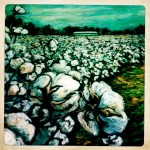
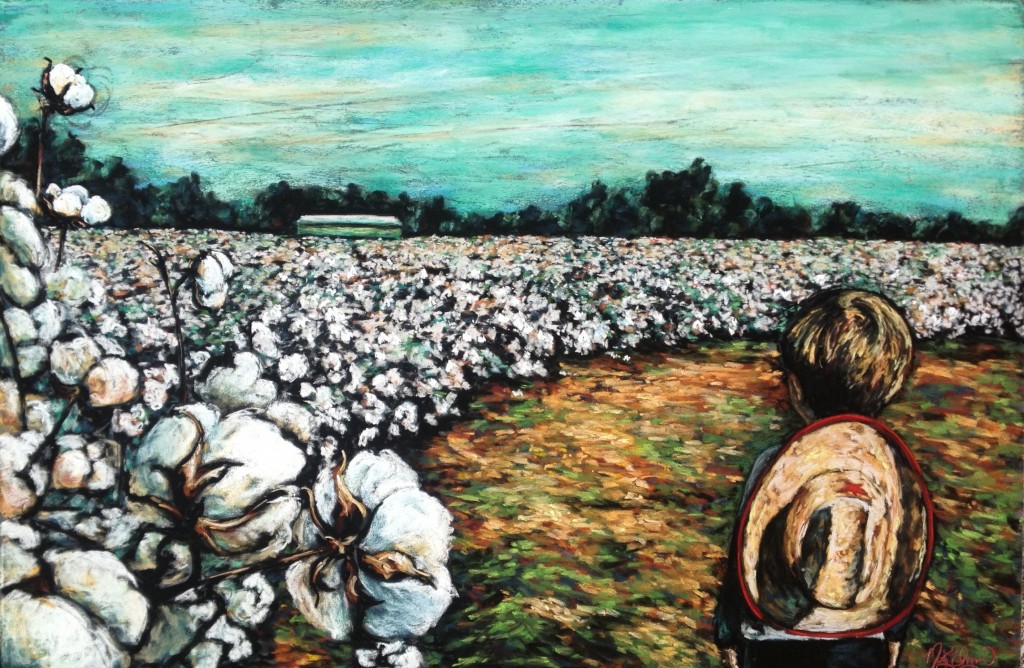

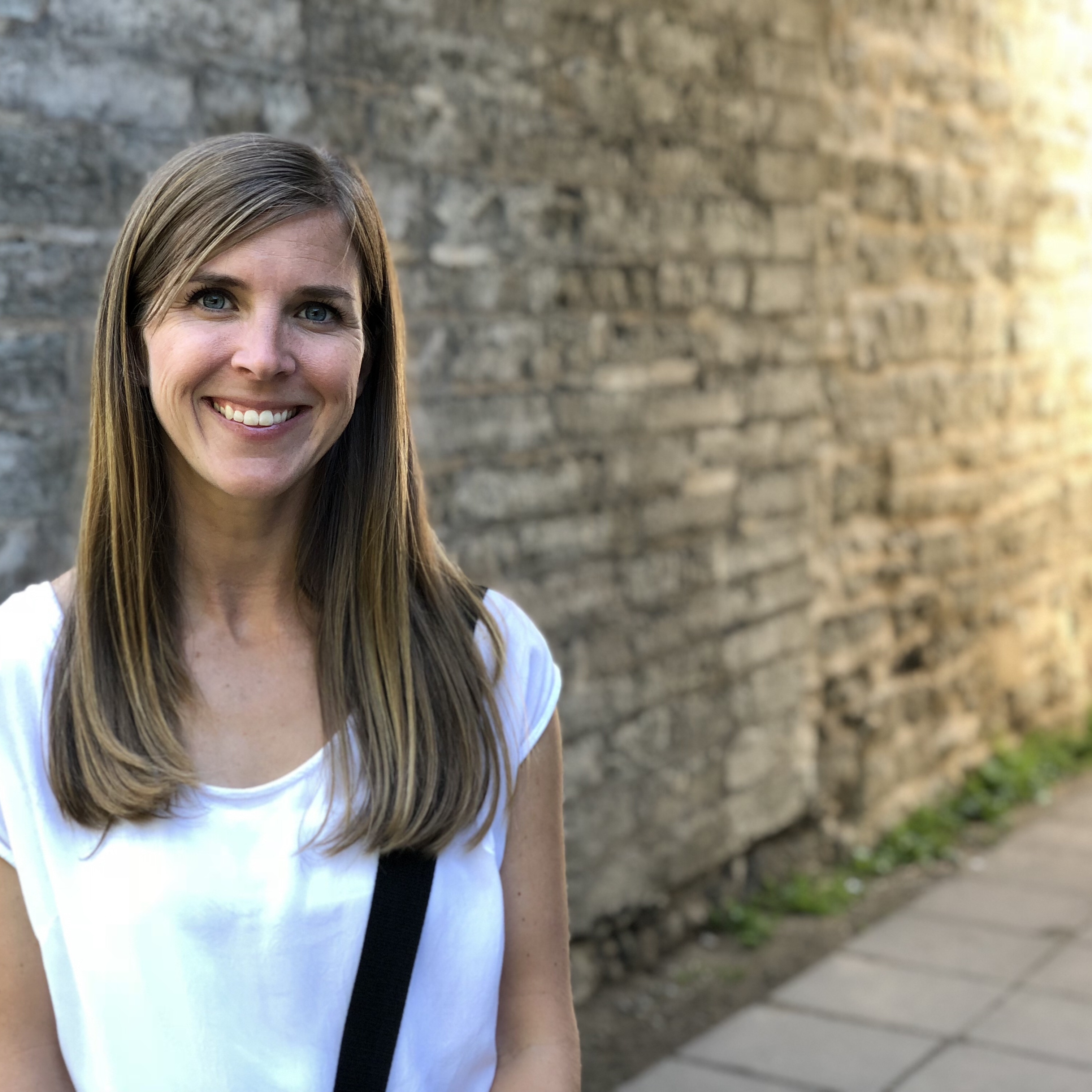

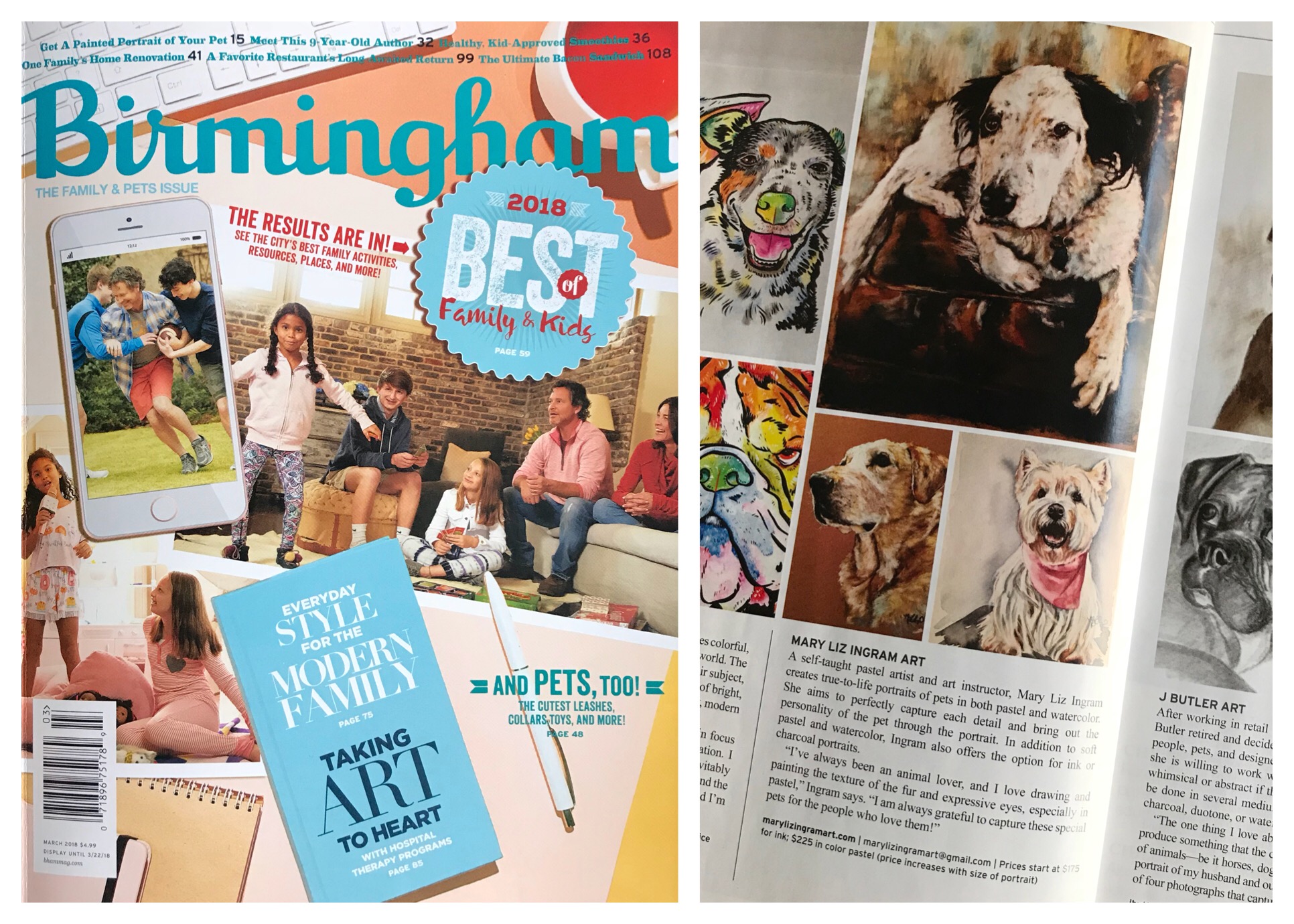
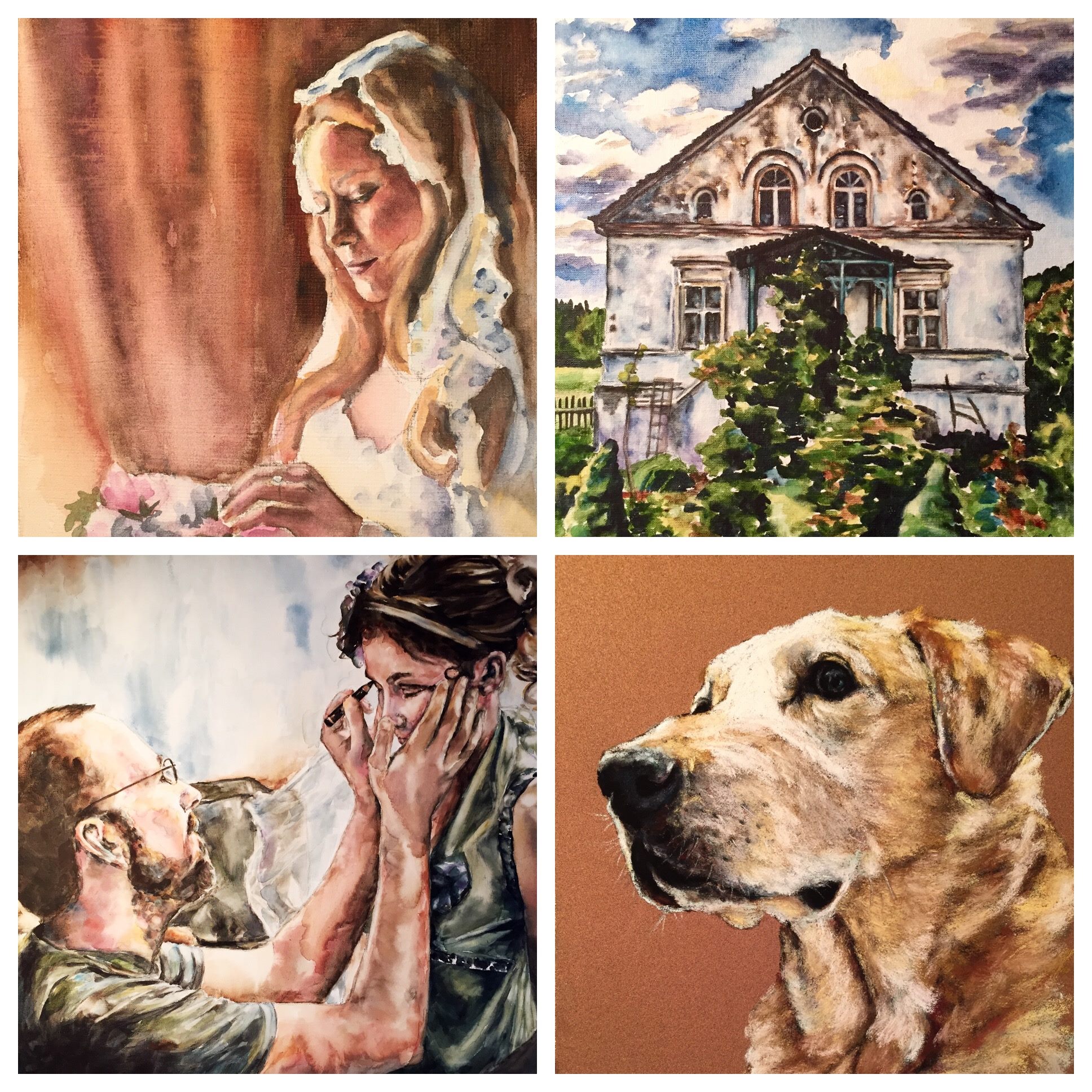
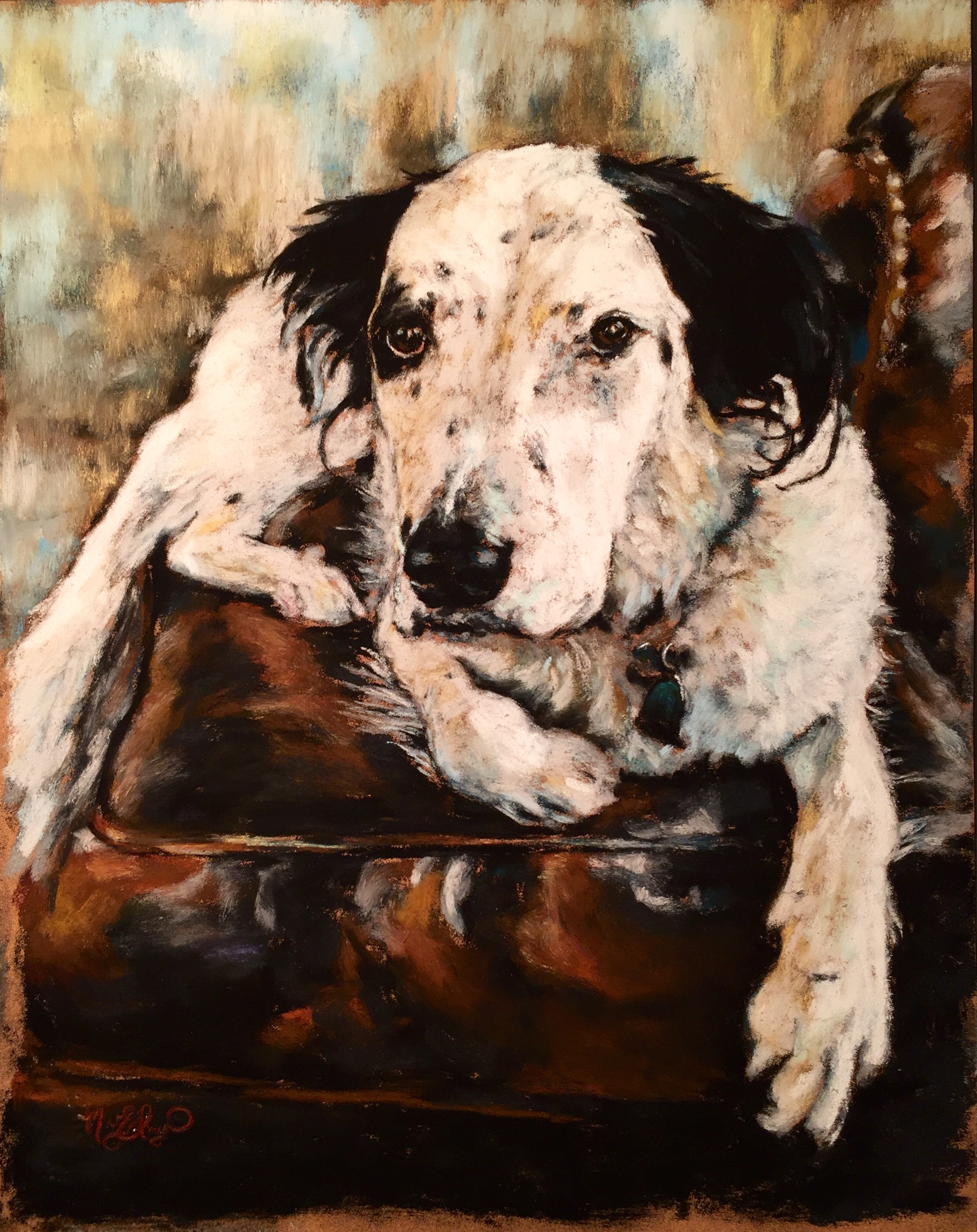
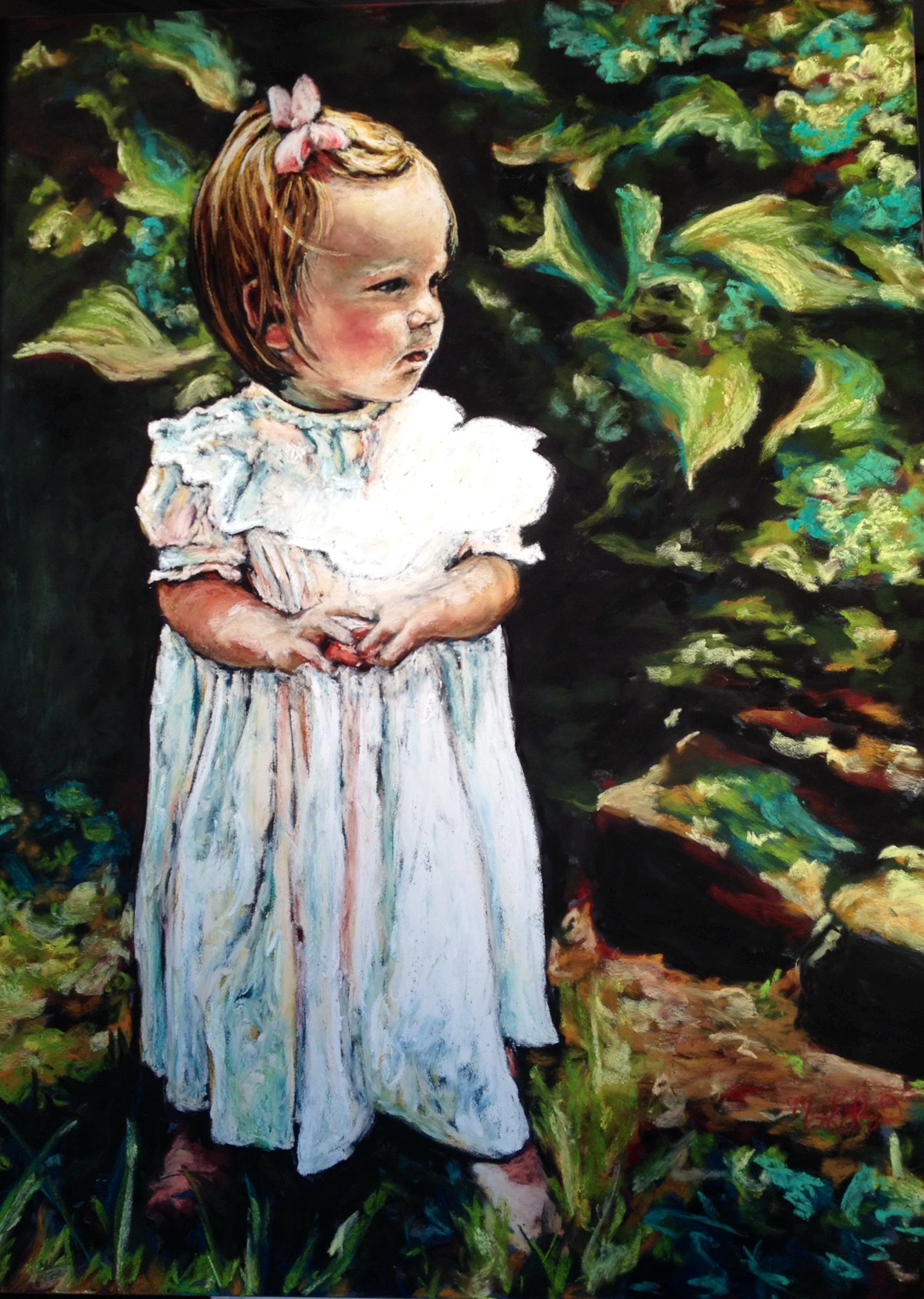
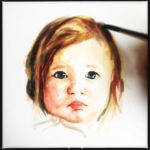
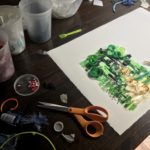

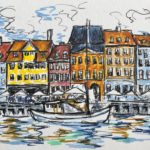

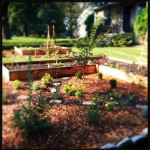
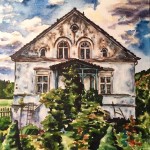

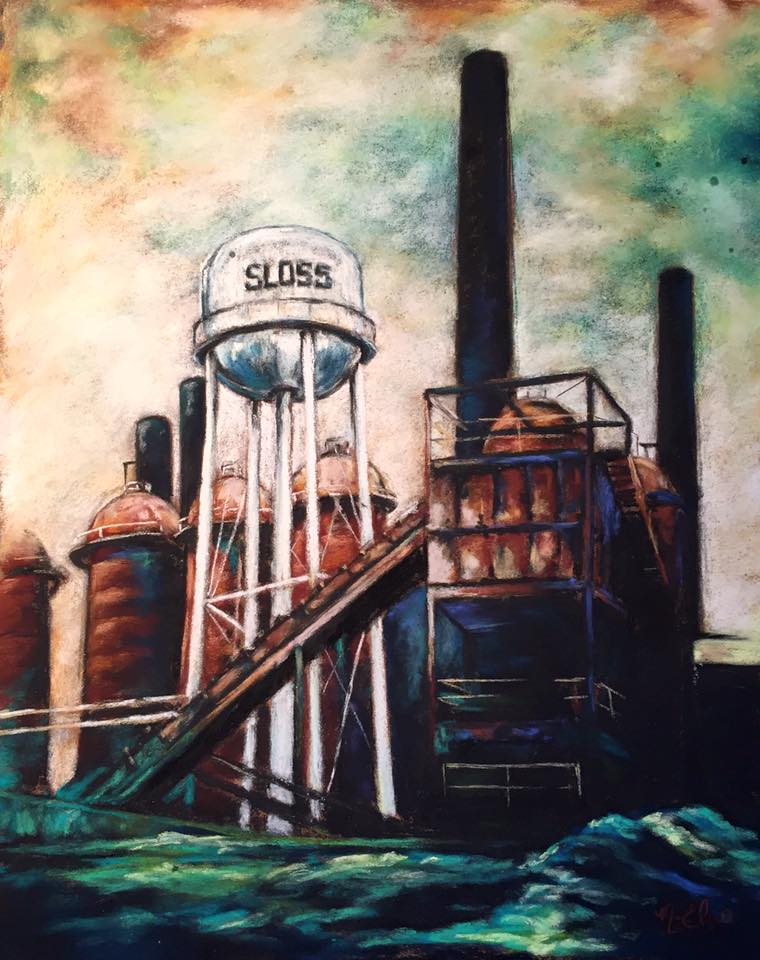
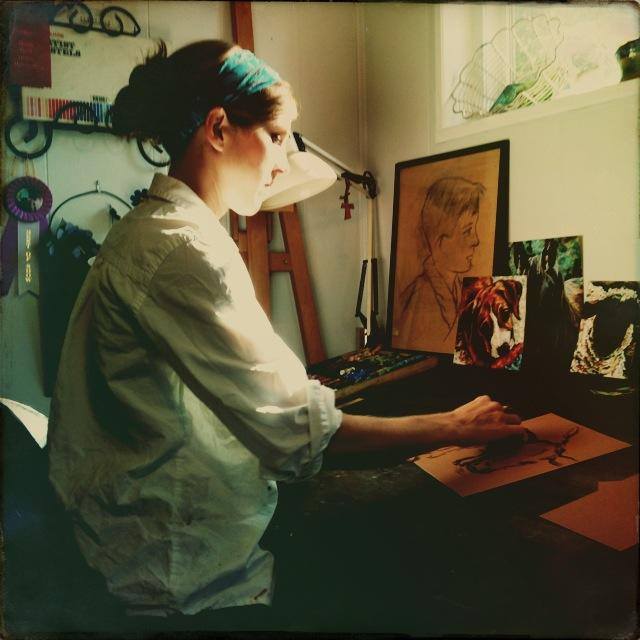
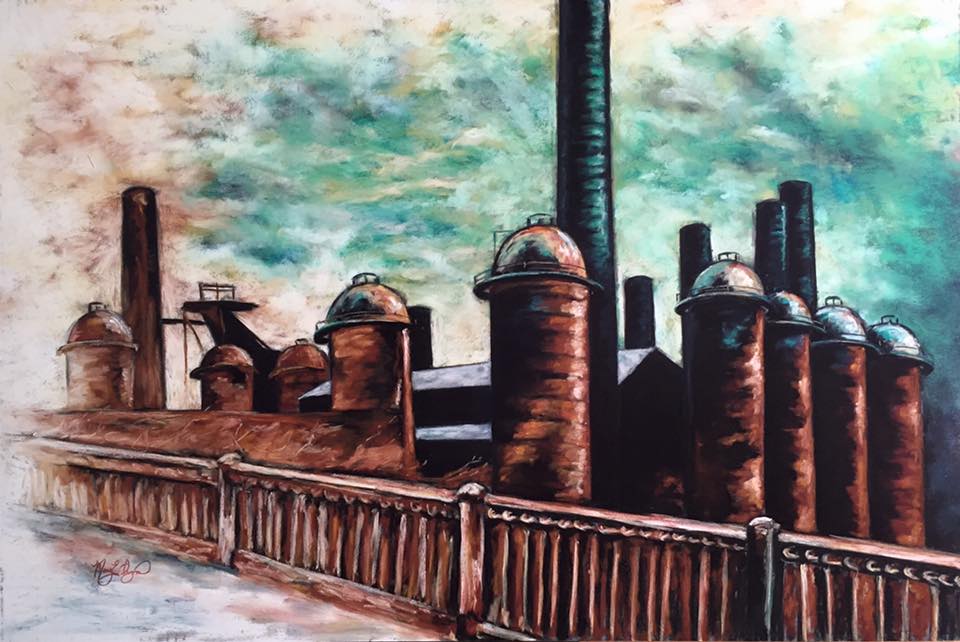
You’re so good.
and you are very kind!